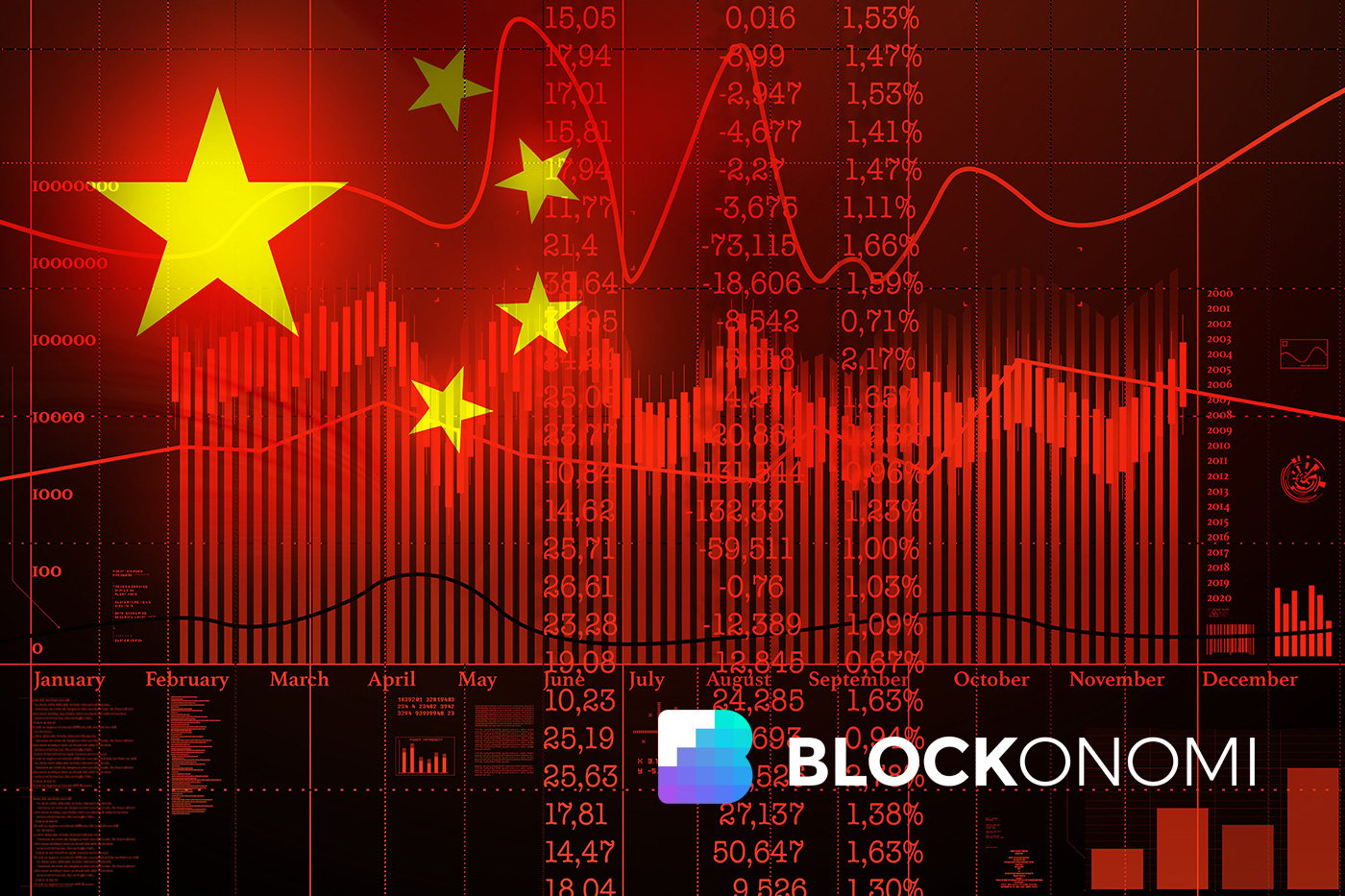
Chinese Tech Companies Find Innovative Ways to Access AI Hardware
As the global race for artificial intelligence (AI) dominance heats up, Chinese tech giants like Alibaba and ByteDance have adopted unique strategies to bypass U.S. export restrictions on advanced AI hardware. These new developments demonstrate China’s determination to strengthen its AI capabilities despite geopolitical challenges.
Accessing Nvidia’s Advanced Chips Via Southeast Asia
One standout example of this strategy is the use of data centers located in Southeast Asia. Chinese firms have been leasing hardware resources from non-Chinese operators in the region, ensuring access to Nvidia’s cutting-edge chips, such as the H20 model, which have been restricted from direct export to China since April 2025.
Southeast Asian data centers stock advanced Nvidia chips that support AI workloads, enabling Chinese companies to train large-scale AI models by renting computing time and storage space. This legal workaround has been essential for maintaining their competitiveness in the global AI race without directly violating export regulations.
DeepSeek’s Domestic Strategy
While many firms look outward, some are taking a domestic approach. AI startup DeepSeek has secured a large inventory of Nvidia chips purchased before the restrictions and continues to train its AI models domestically. What’s more, DeepSeek is collaborating with local Chinese manufacturers such as Huawei to develop next-generation AI-dedicated chips. By investing in homegrown alternatives, these efforts aim to reduce China’s reliance on foreign technology suppliers.
Policy Impacts and the Future of AI Hardware Development
The Chinese government is actively discouraging the use of foreign semiconductors and implements strict policies banning state-funded data centers from utilizing imported AI processors. This aligns with U.S. restrictions on companies like Nvidia, demonstrating a mutual tension to limit dependency on each other’s technology.
Interestingly, speculation remains on whether previously restricted but upgraded AI chips, such as Nvidia’s H200, might be granted approval for export to China under certain negotiations. Until then, Chinese firms continue expanding their presence in Southeast Asia, capitalizing on offshore resources to fuel AI advancements.
Stay Empowered with the Right Tech Solutions
For aspiring AI developers and enthusiasts, exploring robust computing options is crucial. Nvidia’s Nvidia A100 GPU remains a top choice for AI workloads. Its exceptional performance makes it a must-have component for training deep-learning models or managing large datasets.
Conclusion
The adaptability of Chinese tech companies highlights the interplay between creativity and innovation in overcoming economic and political obstacles. From expanding their technological footprints globally to pushing for domestic chip production, these firms are reshaping the AI landscape while navigating regulatory challenges. As the AI industry evolves, these strategies underscore the importance of resilience in a highly competitive and dynamic field.




